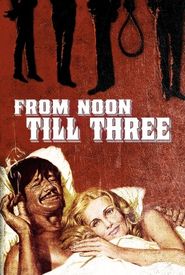Frank D. Gilroy, the Pulitzer Prize-winning playwright, was born on October 13, 1925, in New York City, to an Irish-American coffee broker father and a German-Italian mother. After graduating from DeWitt Clinton High School in The Bronx, he enlisted in the Army and served in Europe during World War II.
After being demobilized, Gilroy used the G.I. Bill to attend Dartmouth College in New Hampshire, where he received a financial grant to attend the Yale School of Drama. He began his career writing dramas during the Golden Age of Television, penning scripts for prestigious programs like Studio One, The Rifleman, and Burke's Law.
Gilroy won an Obie Award for his 1962 off-Broadway play "Who'll Save the Plowboy?", a drama with a World War II theme. His next play, "The Subject Was Roses", opened on Broadway in 1964 and ran for 832 performances, transferring to four other theaters during its run. The play, which explored a son's reaction to his parents' deteriorating marriage, was compared to Eugene O'Neill's Long Day's Journey Into Night.
In addition to the Pulitzer Prize, Gilroy won a Tony Award as best author of a play, and "The Subject Was Roses" won a total of three Tonies, including Best Play and Best Featured Actor in a Play. The play was adapted into a film in 1968, with Jack Albertson winning a Best Supporting Actor Oscar.
Gilroy's subsequent plays, including "That Summer - That Fall", "The Only Game in Town", "Last Licks", and "Any Given Day", were less successful, all closing within two weeks of opening. He continued to work as a screenwriter, penning the screenplay for the notorious bomb "The Only Game in Town" and adapting and directing the Western novel "From Noon Till Three".
Gilroy also wrote and directed the TV movie "The Turning Point of Jim Malloy", which was the pilot for the short-lived TV series "Gibbsville". He has three sons with his wife, sculptor and writer Ruth Dorothy Gaydos, and a daughter-in-law who is actress Rene Russo.


































